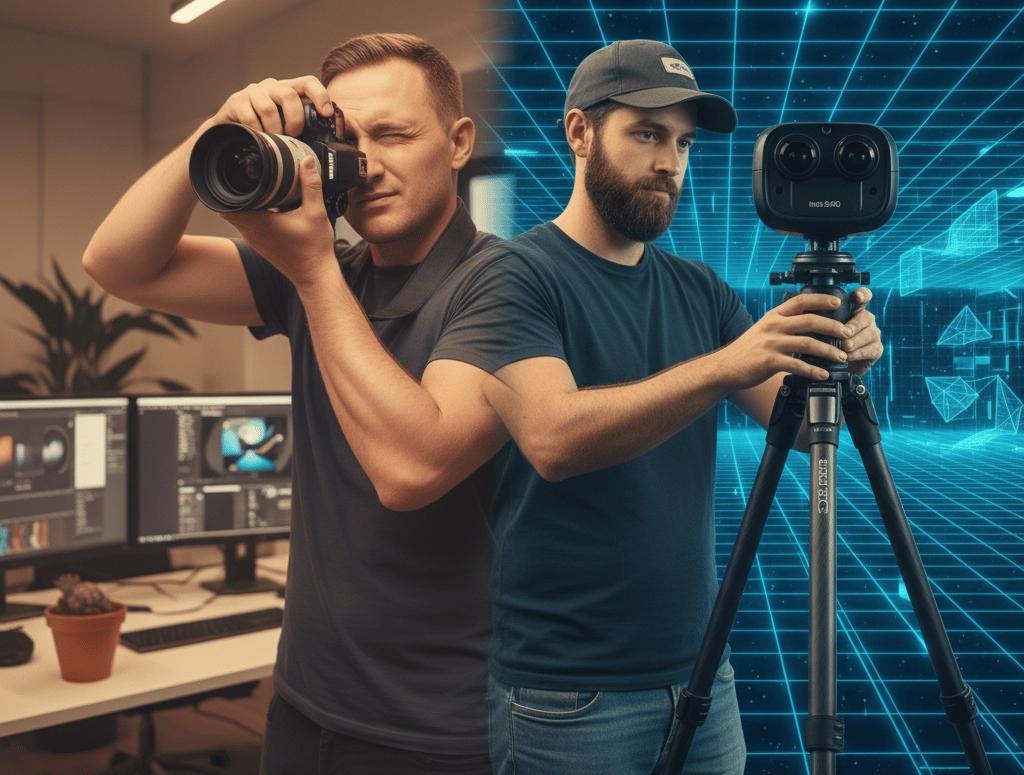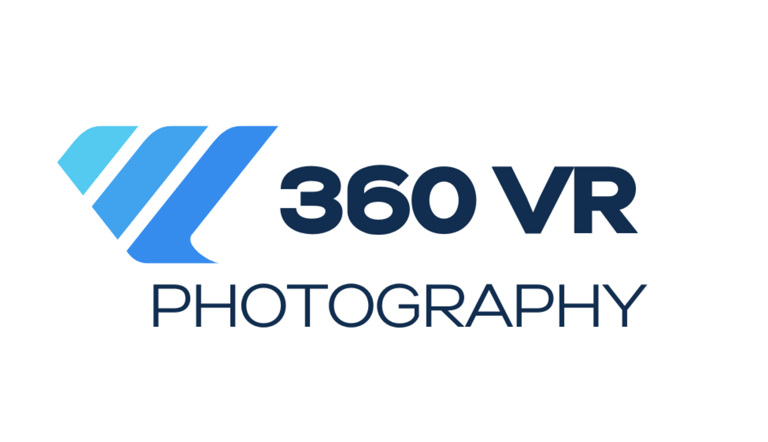360° Photography vs Traditional Photography: A New Era of Immersive Visuals
The world of photography is evolving faster than ever. While traditional photography has captured moments beautifully for decades, 360° photography has opened a whole new dimension — allowing viewers to step inside the image and explore every angle.
INSTA 360 PRO2 CAMERA GUIDE
Viral Gala
10/16/20252 min read


A Visual Revolution: 360° Photography vs. Traditional Photography
The world of photography is evolving faster than ever. While Traditional photography has captured moments beautifully for decades, 360° photography has opened an entirely new dimension—allowing viewers to literally step inside the image and explore every angle.
At 360 VR Photography, we’ve seen firsthand how immersive visuals transform the way brands, industries, and audiences connect with spaces and stories. The choice between the two methods defines the kind of relationship you build with your audience: passive viewing vs. active participation.
📸 What Is Traditional Photography?
Traditional photography captures a single, carefully framed moment, focusing intently on composition, lighting, and subject from one chosen perspective.
Core Goal: Storytelling, artistic expression, and guiding the viewer's eye.
Pros:
High artistic control and detailed composition.
Easier and faster setup for lighting and editing.
Ideal for print, web banners, and traditional social media posts.
Generally lower cost and faster workflow execution.
Cons:
Limited perspective—only one direction is visible.
Does not create an immersive or interactive experience.
Viewers remain passive observers, consuming the content as directed.
🌐 What Is 360° Photography?
360° photography captures the entire environment in a complete spherical view (learn more about the technique on Wikipedia)—up, down, left, right, and behind. It creates a fully immersive, panoramic experience.
Core Goal: Remote exploration, spatial visualization, and audience immersion.
Pros:
Fully immersive experience perfect for VR, AR, and the Metaverse.
Ideal for creating interactive virtual tours (watch a video comparison of 360 camera vs. DSLR for virtual tours) (real estate, tourism, education, factories).
Allows remote exploration and accurate spatial awareness.
Generates high engagement and long viewer retention.
Future-ready for integration with all extended reality (XR) platforms.
Cons:
Requires professional, specialized equipment (like the Insta360 Pro 2) and expert knowledge.
Larger file sizes and often requires more complex post-production stitching.
Limited compatibility on traditional platforms unless viewed via specialized players.
⚡ 360° vs. Traditional – Which One Wins for Your Business?
The answer is not which one is "better," but which one meets your objective:
Traditional Photography wins when you need to capture a specific emotion, highlight one product detail, or focus on controlled artistic composition.
360° Photography wins when you need to convey the scale, atmosphere, or layout of a location, empowering the audience to explore on their own terms.
For brands aiming to show rather than tell, 360° visuals are the next essential step, offering interactive, experiential storytelling that no flat image can possibly match.
🏁 Conclusion: The Era of Experience
In today’s digital world, audiences don’t just want to see—they want to experience.
That’s why forward-thinking businesses are embracing 360° VR, AR, and XR photography to create deeper, more meaningful connections with their customers (explore community discussions on 360 photography's future on Reddit).
At 360 VR Photography, led by Viral Gala, we help brands bring their entire world to life—through breathtaking 360° virtual tours, immersive event capture, and interactive storytelling.
Contact Viral Gala to start your immersive adventure: 9920322366 Visit us: 360vrphotography.com or 360vrphotography.in.

Experience
Engaging virtual tours for real estate and events.
Innovative
info@360vrphotography.in
+91 9920322366
